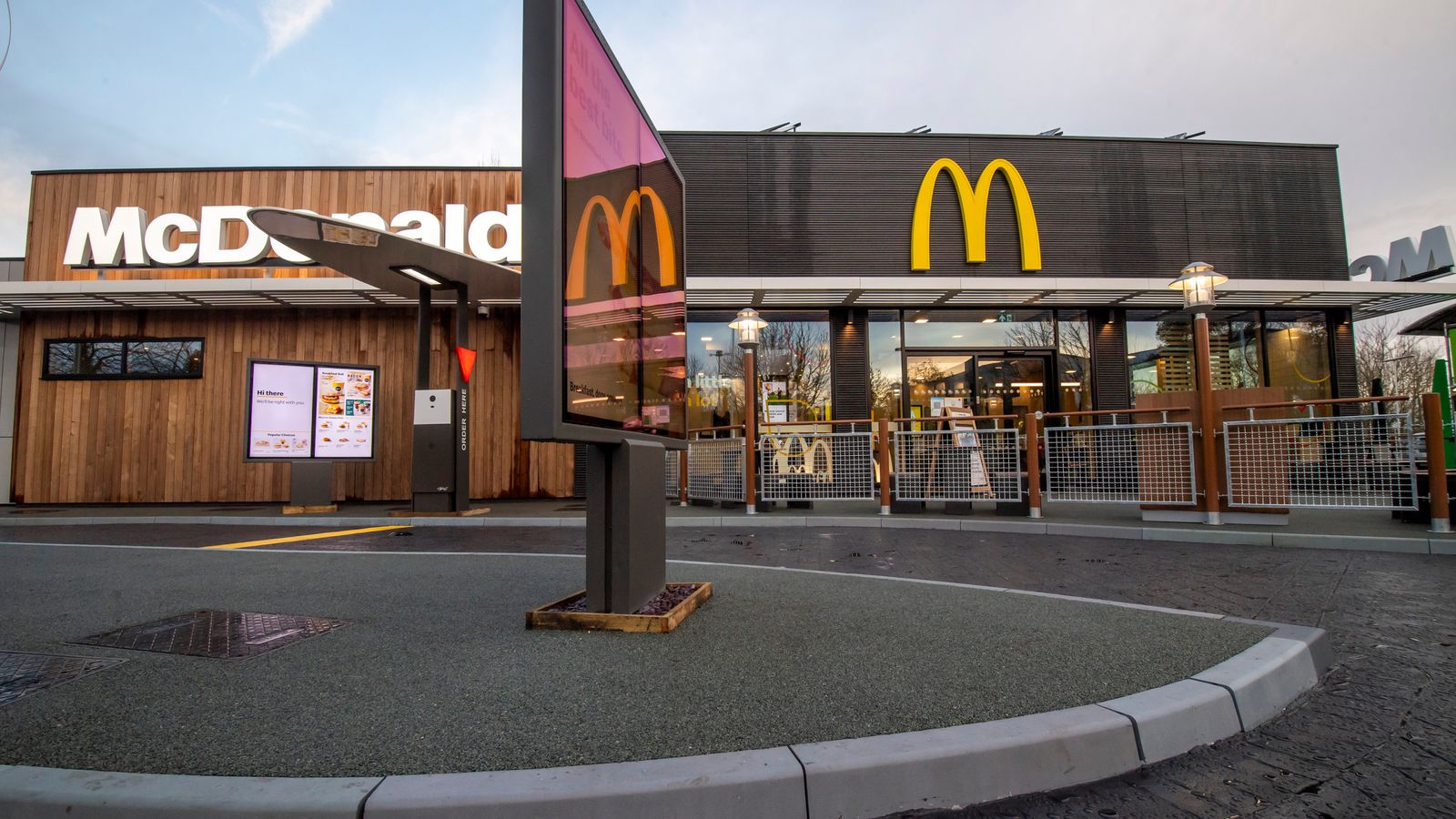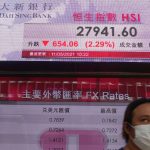Supply chain bottlenecks have taken a bite out of McDonald’s profits as it was forced to spend more money on chicken, beef and packaging material – and warned the pressure would intensify.
Quarterly earnings reported by the fast-food giant fell short of Wall Street expectations as it said operating costs rose by 14% on a year earlier to $3.61bn.
The results for the last three months of last year were also affected by falling sales in China where some cities imposed new restrictions to contain COVID-19 outbreaks ahead of the Winter Olympics as well as muted growth in Australia.
McDonald’s said food and paper costs rose 4% in the US last year, and 3% globally, and that it expects them to increase at double the rate in 2022.
Chief executive Chris Kempczinski said: “A surge in COVID-19 cases and a return of restrictions in many of our markets are creating uncertainty around the world, exacerbating labour shortages and creating supply chain delays.”
In the US, the fast food chain’s biggest market, a fifth of its restaurants have closed off their seating areas because of staff shortages or local outbreaks and about 1% are operating reduced hours.
However sales in the country still beat expectations with 7.5% growth partly thanks to a 6% increase in menu prices in 2021.
US economy sees strongest growth since 1984 as it bounces back after COVID-19 downturn
Johnson takes break from survival battle to host tech company bosses
Socios boss defends fan tokens business model
Outside America, growth in Italy, Germany, France and the UK also contributed as total revenues rose 13% to $6.01bn though the number was just below market expectations.
Bottom-line profits for the quarter were up 19% on the same period last year to $1.64bn.
McDonald’s operates through more than 40,000 sites in over 100 countries, 93% of them franchises operated by independent owners.
The fast-food chain said overall “systemwide” sales for 2021 were up 21% to $112.5bn, and its own revenues from the business were $23.2bn, also a rise of 21%.
Annual profits climbed by 59% to $7.55bn.
Shares, already down 7% this year, slipped back fractionally on the results.






















